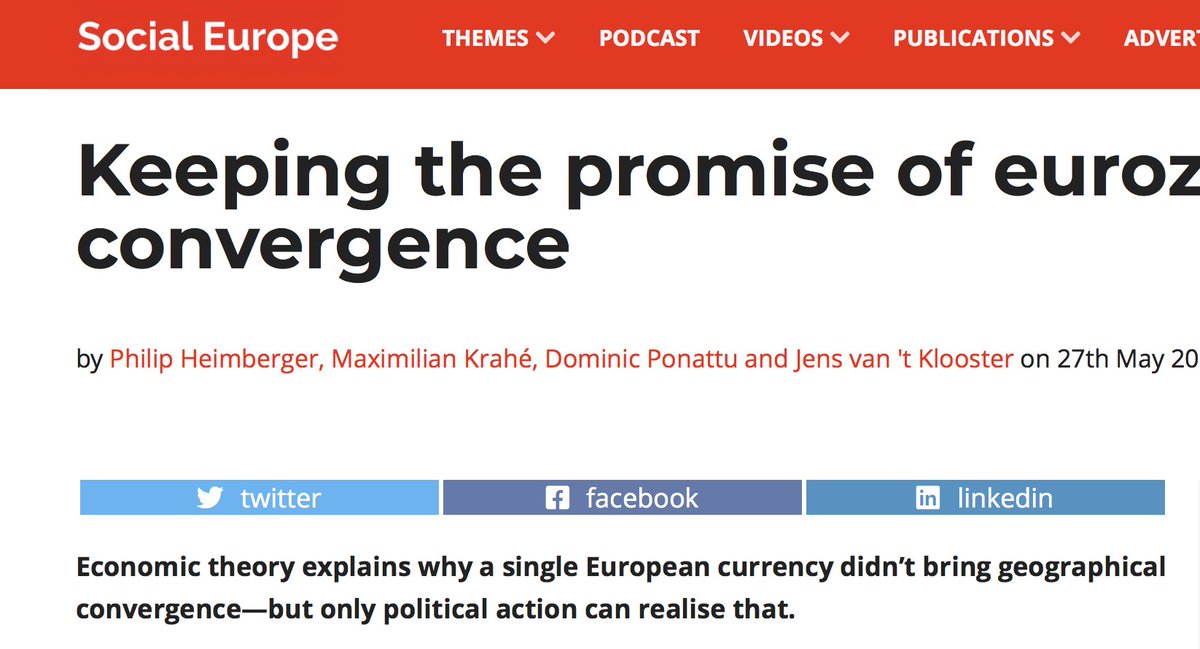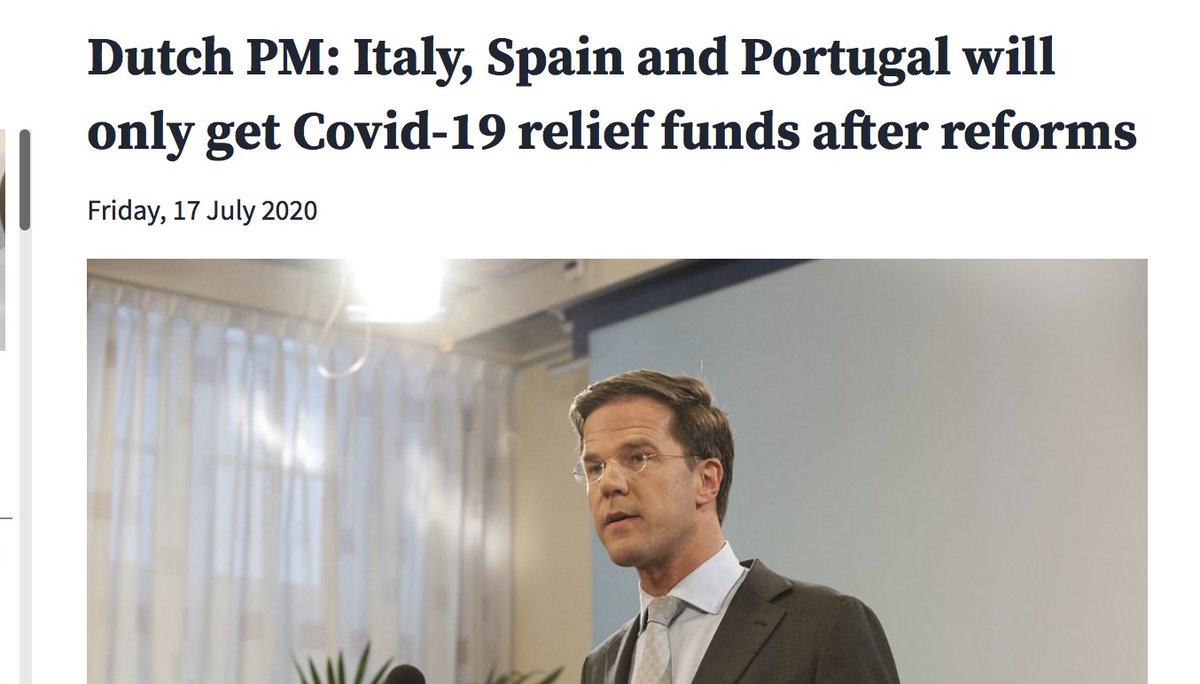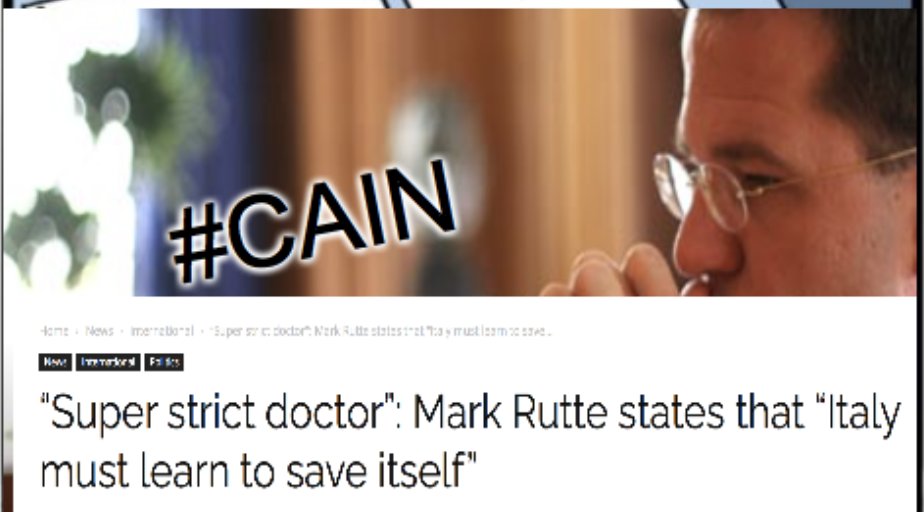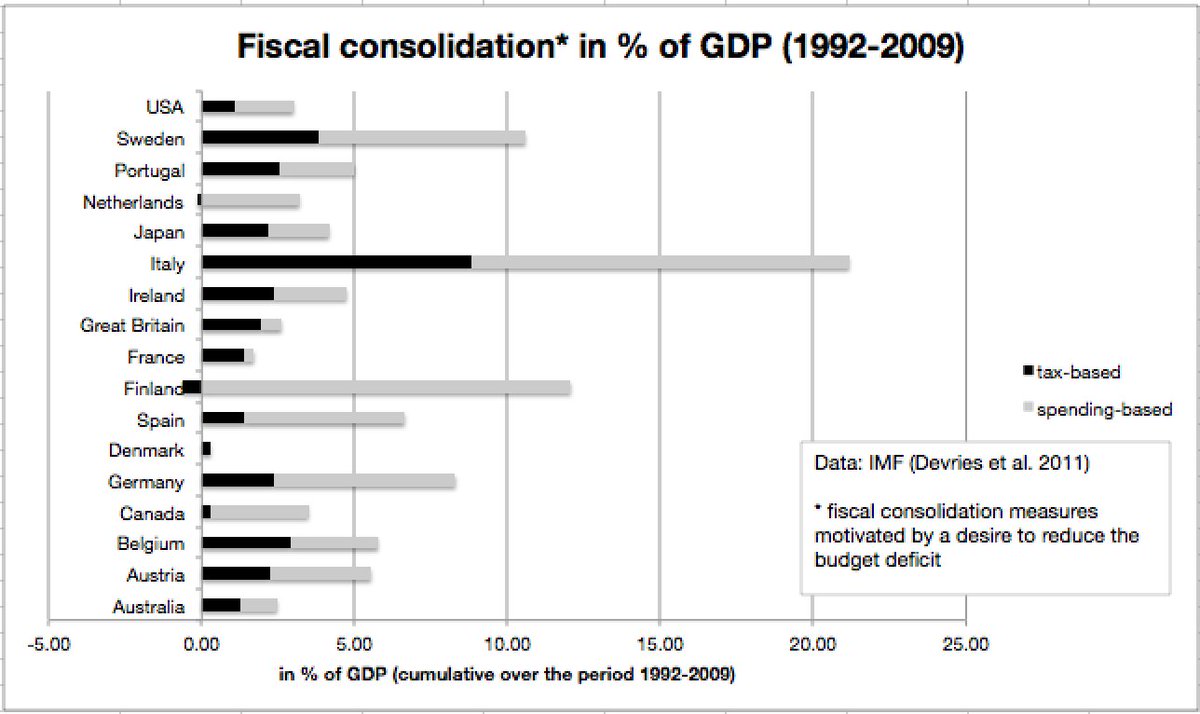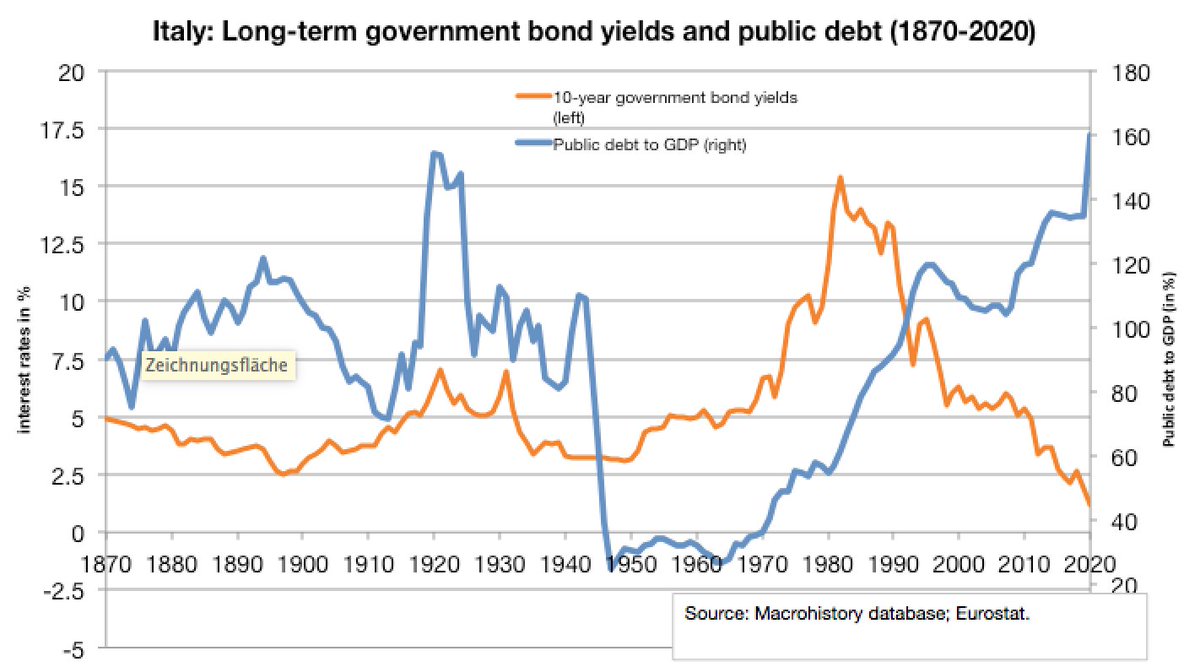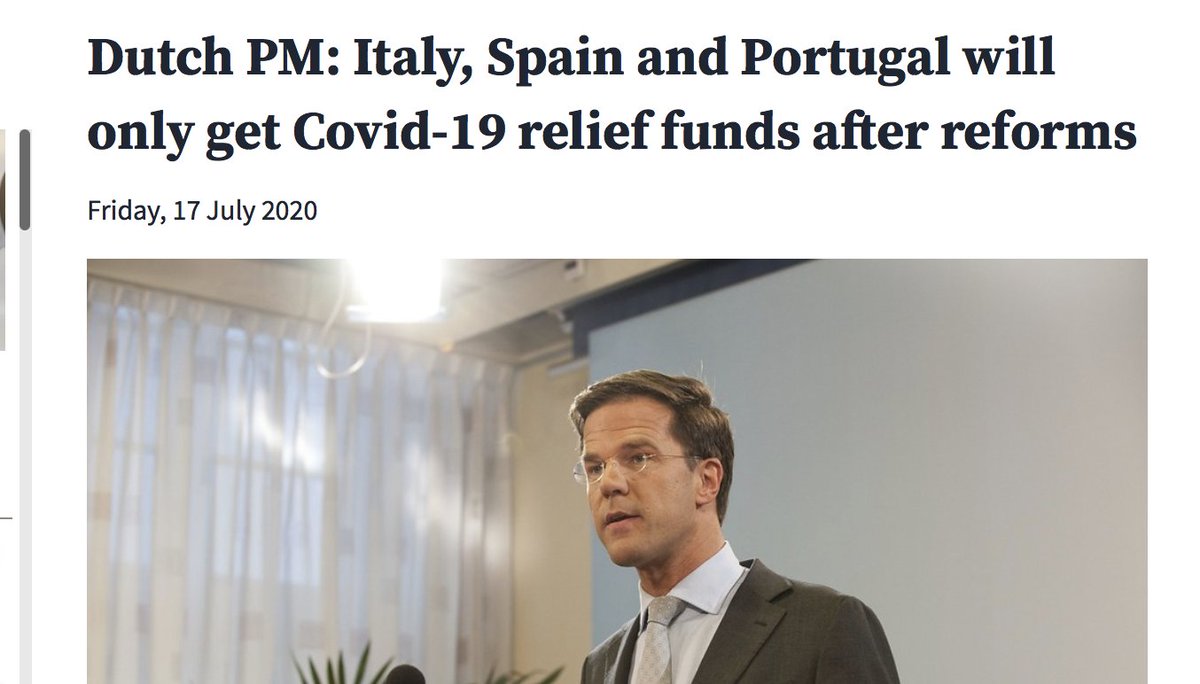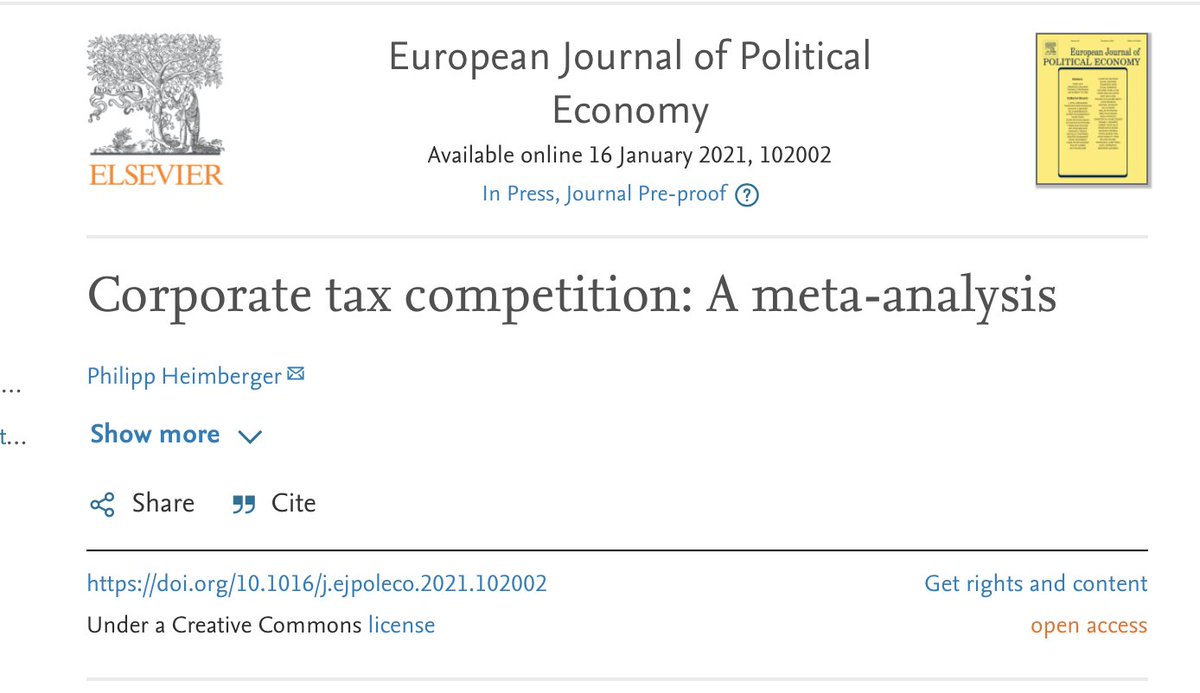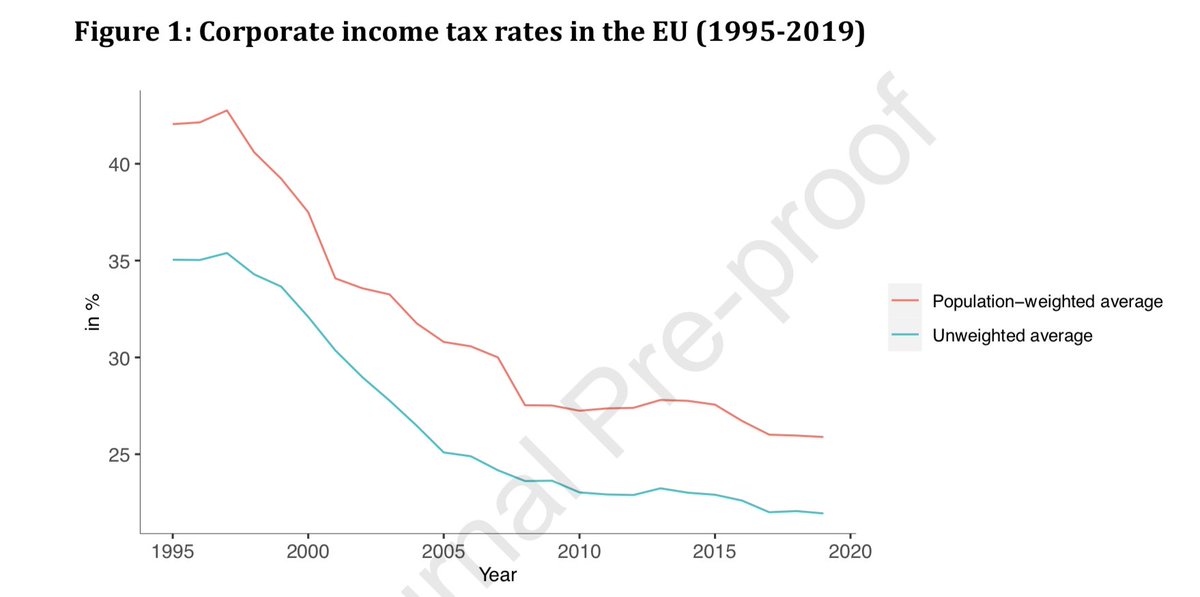
I've often heard the claim: Italians are wealthier than Germans or Austrians; they should pay for their investments!
But Italians are not wealthier than Germans or Austrians: the median Italian household holds more net wealth, but the average household is less wealthy. #CAIN
But Italians are not wealthier than Germans or Austrians: the median Italian household holds more net wealth, but the average household is less wealthy. #CAIN

In Germany and Austria, wealth is more heavily concentrated in richer households than in Italy. Private-property ownership plays a greater role in Italy. The public safety net, however, is less generous; social and co-operative housing is rare. /2
Social housing and co-operatives do not however count as private assets, even if people there live occasionally more comfortably than in Italian condominiums of poor standard. But it remains wrong to say that Italians are wealthier than Germans or Austrians. /end
• • •
Missing some Tweet in this thread? You can try to
force a refresh

